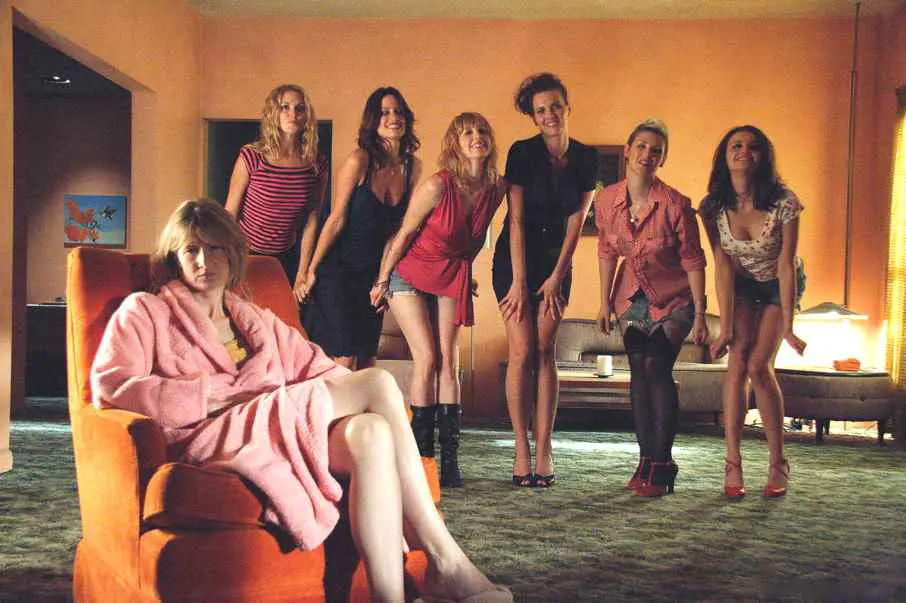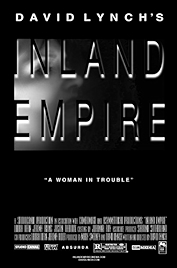A movie for every day of the year – a good one
9 February
Carole King born, 1942
On this day in 1942, the singer/songwriter Carole King was born, as Carole Klein, in New York.
A prodigious talent who was playing piano at four, she had formed her own band in high school. Writing songs from her early teens, she was a professional while still in college, where one of her ex boyfriends, Neil Sedaka wrote the hit Oh Carol for her in 1959.
It was however Jerry Goffin she married and went into songwriting partnership with. Together they wrote Take Good Care of My Baby, Will You Still Love Me Tomorrow and The Locomotion, among 100 chart hits, including Aretha Franklin’s Natural Woman and James Taylor’s You Got a Friend. Her friendship with Taylor led to her expanding her solo work. After a split from her husband and a move to Laurel Canyon in Los Angeles, she released her second solo album, Tapestry, in 1971. Marking the high water mark of the early 1970s singer/songwriter boom, the album has sold more than 25 million copies and at the time of writing is still in the Billboard 200.
Inland Empire (2006, dir: David Lynch)
This is it, the last film made by David Lynch, or so he said at the time. He announced his retirement soon after making, but said he would continue producing adverts for Dior, music videos for the likes of Duran Duran, plus occasional shorts. His intention going forward, he said, was to focus on music rather than film-making. For the most part, 18 episodes of the revamped Twin Peaks to one side, he’s held that line.
But it is the perfect Lynchian farewell, a gift for the fans who were hoping for something suitably weird from the director of Eraserhead, Blue Velvet and Twin Peaks (old and new). And weird it undoubtedly is, like a film playing very loud in another room down a hotel corridor, and at its centre Laura Dern, who the IMDb insists is playing two character but it seemed to me more like three or four.
And here’s the difficult plot bit: Dern plays a fading actress who lands a part in an overcooked melodrama, discovers that it’s actually an unfinished project and that its original stars were murdered. As she journeys further into the identity of the character and the woman who originally played the part, she increasingly starts to disappear into her own inland empire. I think.
Shot on the hoof with no script, with a camera you could buy for buttons in a supermarket, Inland Empire was literally made up as it went along, Lynch shooting scenes that grabbed his fancy and then stitching them all together in post-production.
So of course it’s chaotic, dreamlike, artificial, infuriating and almost impossible to follow – are we watching Dern as the actress, as the character she’s playing, as the murdered actress, as a strongly imagined fantasy character? They’re all up for grabs.
Giant rabbits feature, would it be a Lynch film if they didn’t? Pop music, 1950s decor, non-sequitur dialogue, uneasy shifts between black and white and colour, between Poland and the USA, grotesque stylisation, foreign languages, Lynch keeps piling on the alienation until, poor viewer, you’re forced to abandon any attempt to wrest meaning from the whole thing and instead become a screen across which Lynch projects his neurotic psychodrama.
And at exactly this point, way way into the three hours that the film runs, it starts to make a sort of schizophrenic sense.
Why Watch?
- David Lynch’s final film, so he says
- Jeremy Irons and Justin Theroux’s supporting roles
- Naomi Watts voices one of the giant rabbits
- Goffin and King’s The Loco-Motion in an entirely new light
Inland Empire – at Amazon
I am an Amazon affiliate
© Steve Morrissey 2014

